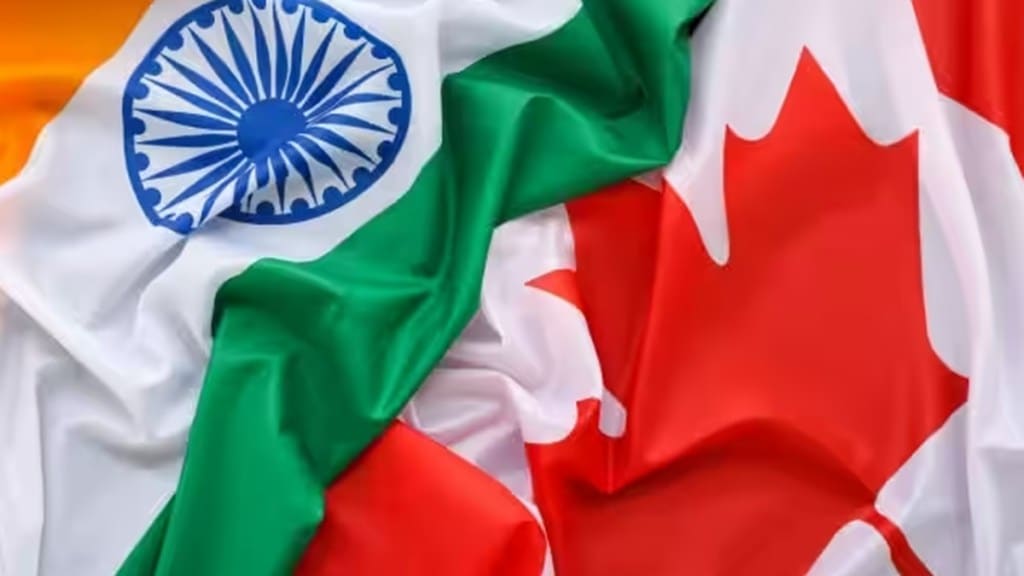Indo-Canadian diplomatic relations nosedived after Justin Trudeau, Canada’s prime minister, stated on the floor of Parliament on September 18 that his country’s security agencies are investigating “credible allegations of a potential link” between the Indian government agencies and the killing in June of a Khalistani Sikh leader, Hardeep Singh Nijjar. So far, no such credible evidence has been presented as Canadian intelligence agencies have so far not identified any Indian citizen potentially linked to the killing flying in and out of Canada before or after the killing like in the movies. But none of this has stopped a steady drumbeat of critical commentary in the Western media warning of adverse reputational consequences for India, especially in its growing relationship with nations like the US, if evidence emerges that supports Canada’s claims.
But without a shred of evidence, Trudeau further stated that any involvement of a foreign government in the killing of a Canadian citizen on Canadian soil was an unacceptable violation of national sovereignty and the rule of law. But do these rules apply equally to all countries in an unequal world? It is not as if these paragons of universal values like democracy, freedom of speech and rule of law have not taken out people who threaten their national security in other jurisdictions without any concern over violating national sovereignty. India’s external affairs minister S Jaishankar rightly called out Western hypocrisy in his first remarks on l’affaire Canada during a conversation at the Council of Foreign Relations in New York and address at the general debate of the 78th UN General Assembly.
According to him, Trudeau’s allegations and the events leading up to it have to be contextualised as Canada has seen a lot of organised crime relating to secessionist forces, violence and extremism: “They are all very, very deeply mixed up”. India has been “badgering” Canada with information regarding such elements like Nijjar and made a number of extradition requests. But, so far, there has been no response from Ottawa. “We have a situation where our diplomats are threatened, our consulates have been attacked—a lot of this is often justified as saying, well, that is how democracies work.” As for the killing of Nijjar, Jaishankar forthrightly stated that Canada has been told that this is not the government of India’s policy; that if Ottawa has something specific or relevant, we are open to look at it. In his address to the UNGA, the external affairs minister took a veiled dig at Trudeau’s remarks on the unacceptable violation of sovereignty when he said that territorial integrity and non-interference in internal affairs cannot be exercises in cherry-picking.
That said, both nations must draw back from the precipice and resume diplomatic relations as both are interdependent. Canada’s trade in goods and services with India exceeds $16 billion and its pension funds have invested more than $55 billion. India’s outbound investments to Canada are relatively more modest at $2 billion from April 2000 to March 2023. Around 600 Canadian companies have invested in India. Around 30 Indian companies have operations in Canada. However, the deepest link is the Indian diaspora as two million persons of Indian origin live in Canada and many of our students have gone there for education and hope to work there. They stare at an uncertain future if the bilateral standoff is not resolved.
